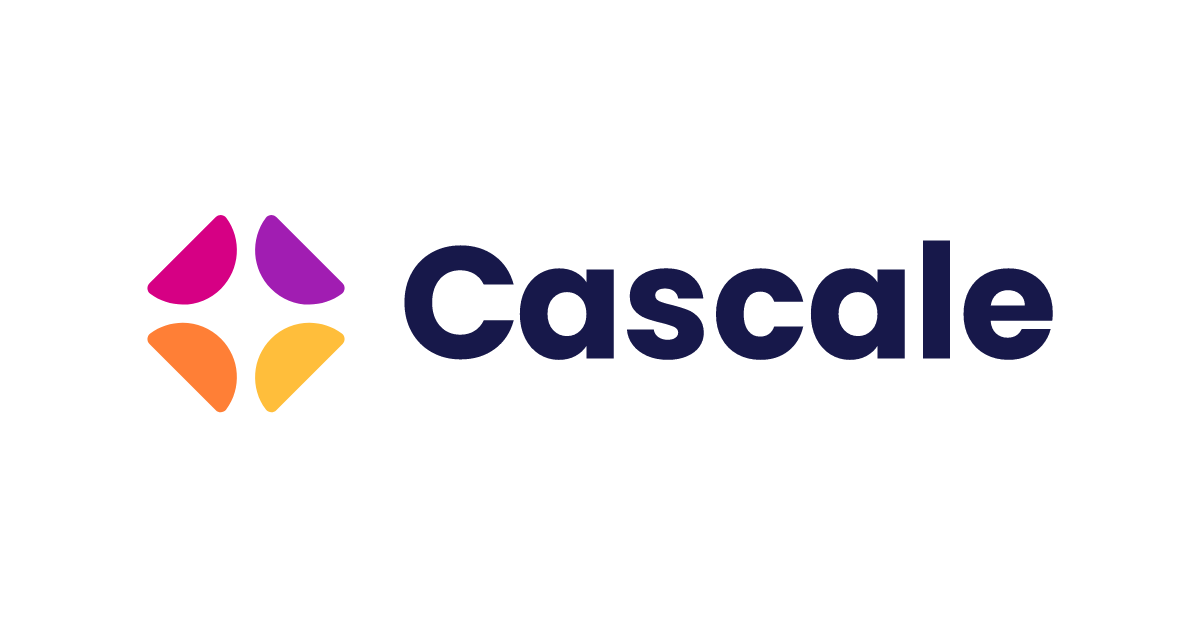Cascale Participates in Sustainability Events Hosted by TÜV Rheinland in Thailand, Vietnam, and China
Recently, Ringo Yu, manager, Manufacturer Climate Action Program (MCAP) at Cascale, presented information about the program at TÜV Rheinland’s series of sustainability-focused events. These included a virtual webinar for stakeholders in Thailand, another for those in Vietnam, and an in-person workshop in Shanghai, which was hosted by TÜV Rheinland.
At all three events, Yu shared information about MCAP, an integral part of Cascale’s Decarbonization Program, which supports Cascale members and non-members to drive industry transformation through decarbonization. He explained that MCAP unites manufacturers worldwide to combat climate change across the consumer goods industry, driving sustainable change through science-aligned targets (SATs). Critically, he detailed how industry stakeholders must act collectively to achieve a 45 percent reduction in GHG emissions by 2030, in line with science-based targets, limiting the temperature increase to 1.5°C as compared to pre-industrial levels.
At the in-person “Broader Multilateral Cooperation, Better Green Future” event in Shanghai, the focus was on how MCAP unlocks and enables collective action decarbonization opportunities for manufacturers in China. It included overviews of the Worldwide Responsible Accredited Production (WRAP), Global Organic Textile Standard (GOTS), and Zero Discharge of Hazardous Chemicals (ZDHC) programs. The workshop was held to address increased challenges faced by the textile and chemical industries, driven by global sustainable development and energy saving/emissions reduction strategies. As international brands transform and upgrade their global supply chains, comprehensive and systematic social responsibility reports and/or certificates are critical to manufacturers.
Brian Hui, director of operations, Greater China, WRAP, introduced the latest trends in socially responsible supply chain and WRAP certification.Then Yu shared how MCAP is especially relevant to manufacturers in China, where corporate environmental, social, and governance (ESG) disclosures will become mandatory by 2030 as part of the country’s efforts to improve economic sustainability, increase EGS reporting, and fight climate change. Yu concluded his presentation by inviting new recruits for the second cohort, which will begin onboarding this month, before passing the mic to Jimi Wang, global project manager, TÜV Rheinland, who shared details of GOTS Scope 4 and ZDHC Certification.

